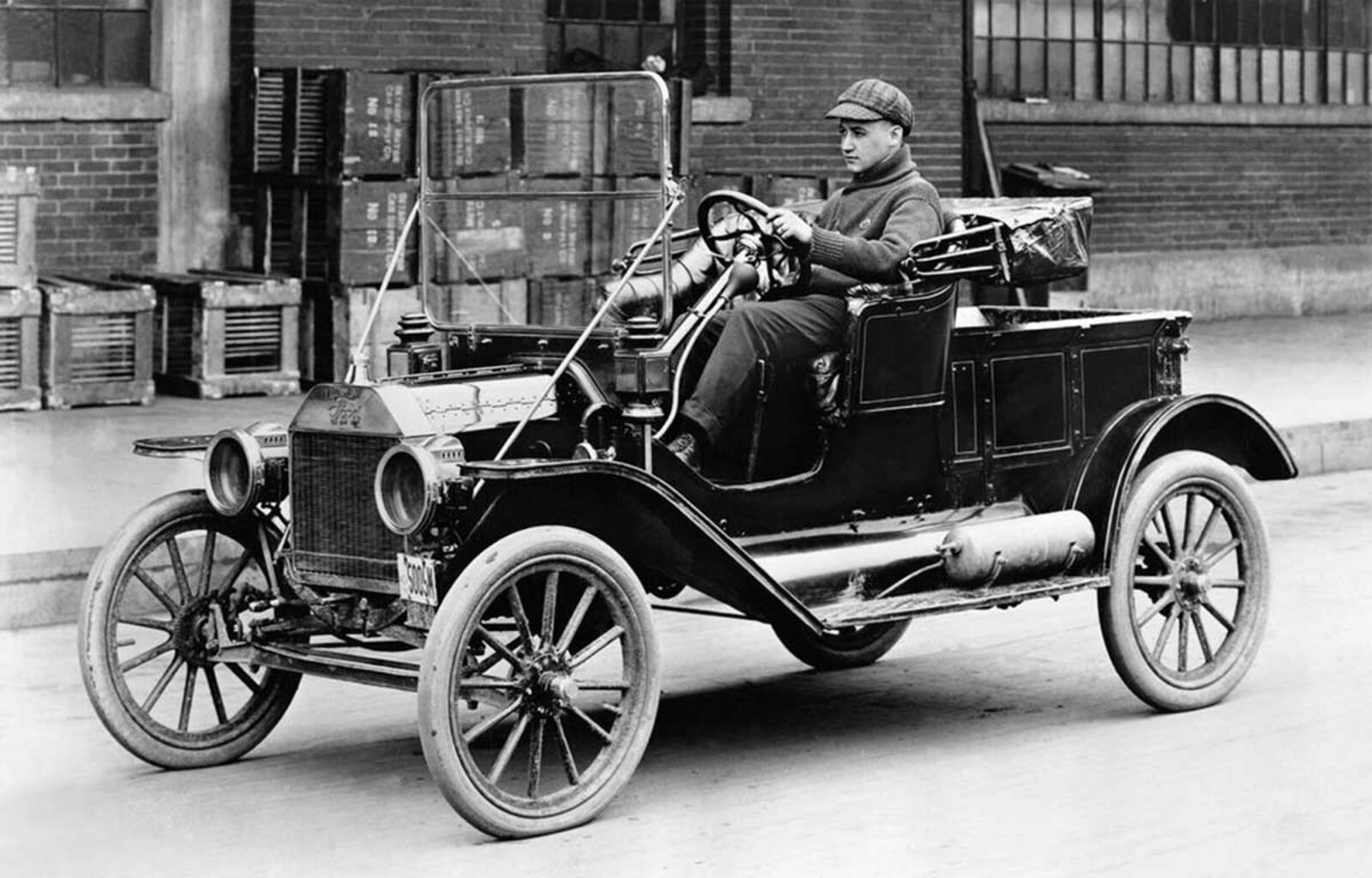During the 1970s, the United States was not doing well economically. The economic concept of Fordism was becoming less successful from the late ’60s, but the economy ultimately fell into a recession in 1973.
Neoliberalism
Neoliberalism was “an economic theory that champions privatization and condemns state interventions in the free market” (5). After its successes in the 1950s to late 1960s with economic growth in the United States, neoliberalism evidently fell with stagflation, which was “an unanticipated combination of inflation and high unemployment” (Moore 6).
“It emphasized that the role of government was to create a good business climate rather than look to the needs and well-being of the population at large” -David Harvey (6).
This concept was first evident in the “Pinochet military coup in Chile in 1973” (Munck 63) and when Ronald Reagan became the President of the United States in 1981 for his first term (63). Neoliberalism was still in its early stages during the 1970s, but the idea of having limited state and government involvement in the market is reflected in the punk genre. Specifically, the DIY concept that was born out of punk connects to being free and having no limitations from any higher authority.
The Transition From Fordism to Post-Fordism
Fordism was the economic idea that mass producing the same products–product standardization–would lead to an increased amount of mass consumption. As an example of this, Henry Ford “had to produce only one car, the Model T, and keep its design unchanged from year to year” (Gartman 122). He also implemented the concept that “high wages would allow workers to become consumers of the very products they were being churning out on” (Moore 6). However, this concept was proved unsuccessful in the late ’60s and into the early ’70s, which led to the economic recession in the United States in 1973.

Post-Fordism and post-modernism represented everything that was the opposite of Fordism. At this point, the economy was “creating a form of social life that is more fragmented, decentralized, impermanent, and individualized” (7) for different interest and lifestyle areas. The punk genre arose from a similar understanding of individualism amongst the working youth. In addition, the genre itself mocked the stability of neoliberalism and Fordism of its failures and lack of success for the U.S. economy (8). Punk also was a form of “counterculture at the time and comprised darker and more threatening forms of imagery than did the colorful and mellow hippie culture” (8) — the hippie culture alluding to the psychedelia genre.
During the Fordism era, markets also were highly competitive because of the mass production concept that Fordism had set in place. Because of this, several companies and manufacturers sought to avoid those markets, and instead turned to diversifying their products (Gartman 124); this connects back to the creation of a more individualized economy. The Ramones more than likely took Fordism into mind and wanted to create their own counterculture through their own music, particularly in the punk genre.